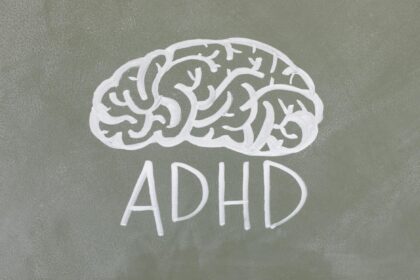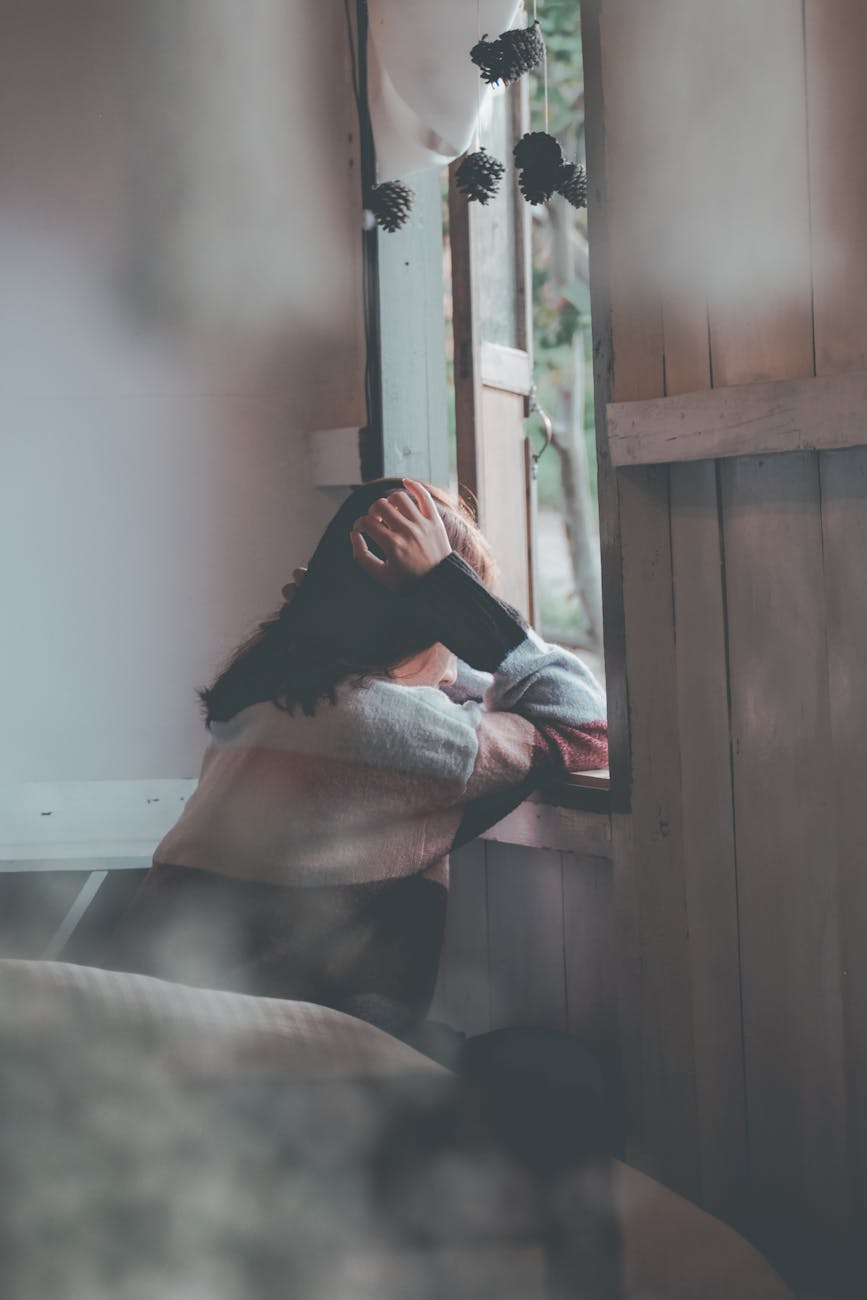
Depression is more than just a phase of sadness—it can feel like a fog that refuses to lift, casting a shadow over everything. Whether you’re in your 20s or 30s and grappling with the demands of adulting, work stress, or life’s many transitions, depression can creep in and take hold in ways you never expected. And while it’s a real mental health issue, healing is possible—whether you’re drawn to modern psychology or Ayurvedic treatments, or better yet, a combination of both.
In this post, we’re going understand the Ayurvedic treatment for depression, paired with Cognitive Behavioral Therapy (CBT) techniques, giving you a balanced, holistic approach that addresses both the mind and body.
What is Depression?
Depression is far more complex than simply feeling sad or overwhelmed. According to the DSM-5 (Diagnostic and Statistical Manual of Mental Disorders), depression is diagnosed when someone experiences five or more of the following symptoms, almost every day, for at least two weeks:
- Persistent sadness, hopelessness, or feelings of emptiness.
- A marked loss of interest or pleasure in activities that used to be enjoyable.
- Significant changes in appetite, resulting in weight loss or gain.
- Insomnia or excessive sleeping.
- Fatigue or loss of energy, nearly every day.
- Feelings of worthlessness or excessive guilt.
- Difficulty concentrating or making decisions.
- Thoughts of death or suicide.
The impact of depression can be severe, affecting not just the emotional and mental state but also physical health. Many people describe feeling as if they’re stuck in a dark hole, and despite wanting to escape, they don’t have the energy or motivation to climb out.
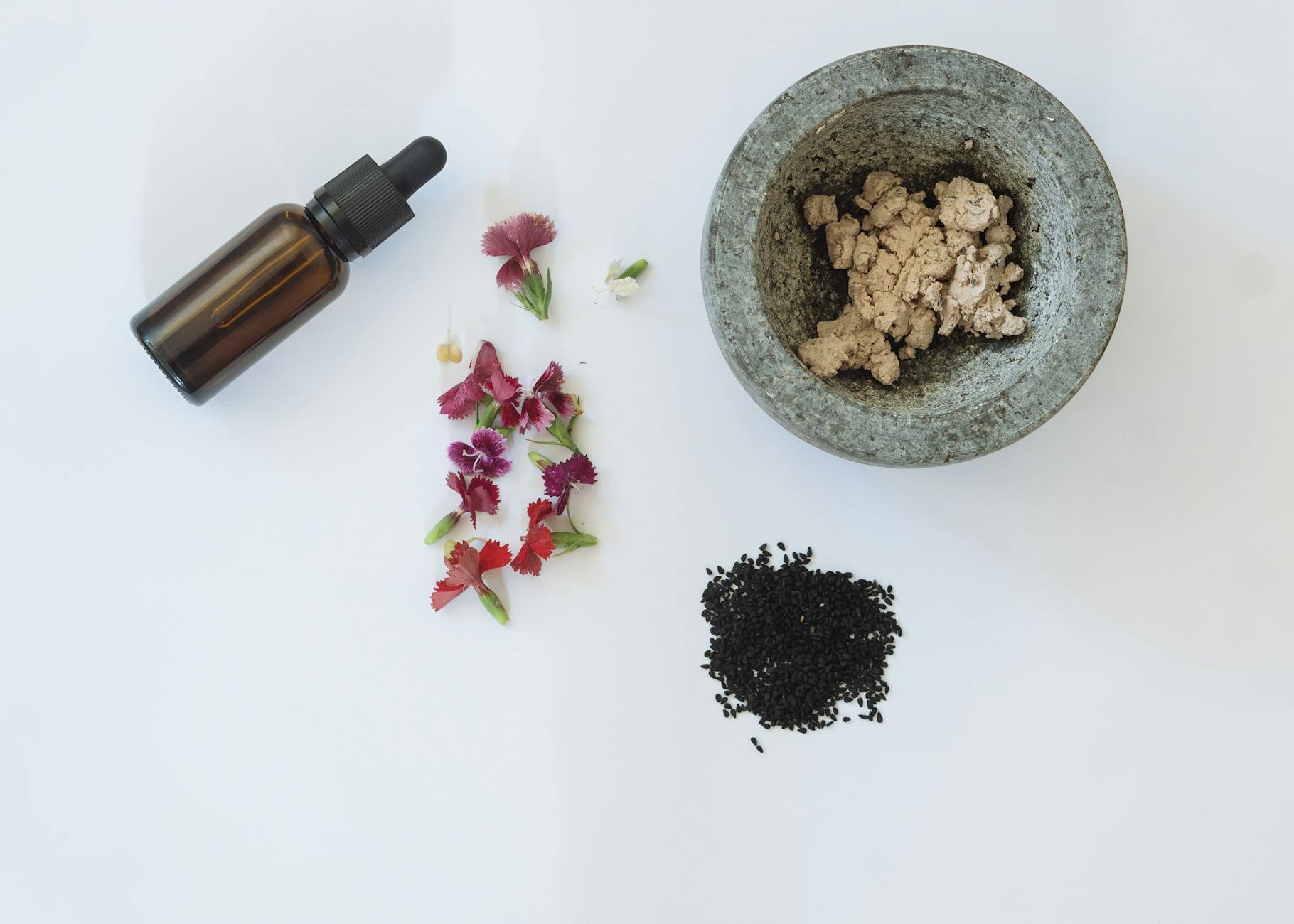
Ayurvedic Perspective on Depression: Doshas and Mind-Body Connection
Ayurveda views depression not just as a mental health issue but as a mind-body disorder, arising from imbalances in the doshas—the three energies that regulate our body and mind. These are Vata, Pitta, and Kapha. When these doshas are out of balance, it can lead to both physical and mental symptoms, including depression.
For depression specifically, Ayurveda points to imbalances in the Kapha and Vata doshas:
- Kapha imbalance: When Kapha is too high, you might feel heavy, lethargic, or stuck. The body becomes sluggish, and so does the mind. This can manifest as a deep sense of inertia, where even small tasks feel overwhelming.
- Vata imbalance: Since Vata governs movement and thoughts, an excess of Vata can lead to racing thoughts, anxiety, and fear. Your mind can become restless, amplifying feelings of unease or panic.
Depression in Ayurveda is also linked to disruptions in Manasika Dosha, the mental health energies, particularly Tamasand Rajas. Tamas is the force of inertia, while Rajas is the force of overactivity. When Tamas dominates, it creates feelings of heaviness and inertia, while Rajas fuels overthinking, making it difficult to relax.
Additionally, Ayurveda considers Manovaha Srotas (mental channels), which are linked to the nervous system. Disruptions in these channels—due to poor lifestyle choices, stress, or dietary habits—can contribute to depression.
Cognitive Behavioral Therapy (CBT): Rewiring Negative Thought Patterns
On the other hand, modern psychology offers Cognitive Behavioral Therapy (CBT), a practical and widely researched treatment for depression. CBT helps you become aware of unhelpful thought patterns and gives you tools to change them. Depression often creates a negative thought loop that feels impossible to break, but CBT can guide you out.
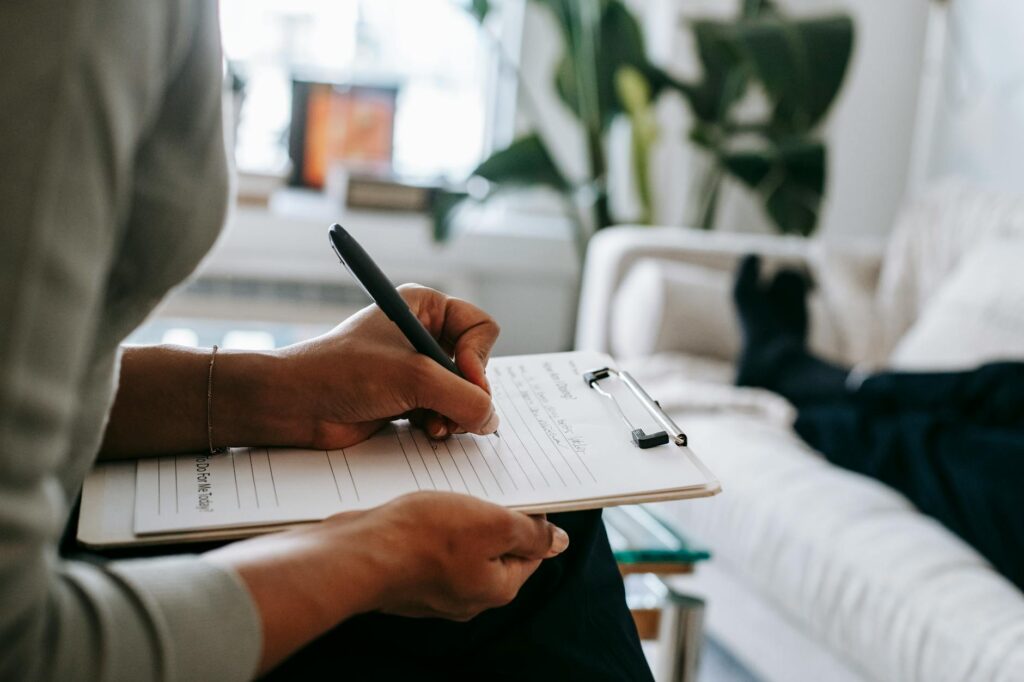
Here’s how CBT works:
- Identify negative thoughts: Depression clouds judgment, making even small problems feel insurmountable. With CBT, you first learn to identify negative or irrational thoughts. For instance, are you constantly telling yourself you’re “not good enough”? Once you recognize these thoughts, you can start challenging them.
- Challenge your thinking: Ask yourself if these thoughts are actually true. Is there evidence to support them, or are they just emotional reactions? For example, if you think, “I always fail,” try to identify situations where you didn’t fail. This can help you reframe the situation more positively.
- Behavioral Activation: Depression can make you want to withdraw from life, avoiding tasks, friends, or even activities you once enjoyed. Behavioral activation encourages you to slowly start engaging in activities, even if you don’t feel like it. Whether it’s taking a short walk, doing something creative, or reaching out to a friend, these small actions can break the cycle of inertia.
- Mindfulness and journaling: Writing down your thoughts and becoming more aware of how you’re feeling can help you see patterns that may otherwise go unnoticed. It’s a form of mental hygiene—clearing out the clutter of negative thinking.
Ayurvedic Treatment for Depression: A Lifestyle and Dietary Approach
Ayurveda doesn’t just stop at identifying dosha imbalances; it offers practical, holistic solutions for treating depression through diet, lifestyle, and herbal remedies.
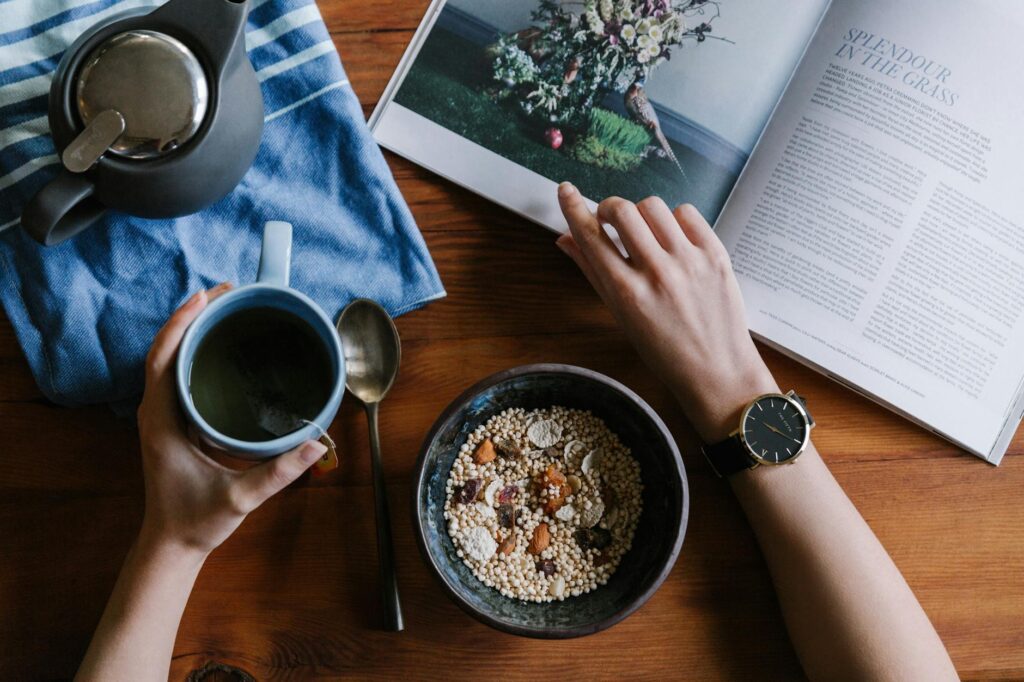
1. Diet and Nutrition
Ayurvedic treatment for depression emphasizes a Sattvic diet—foods that are pure, light, and easy to digest. Sattvic foods help balance the doshas and uplift the mind. Here’s what you should focus on:
- Fresh fruits and vegetables: Incorporating plenty of fresh, seasonal produce provides essential nutrients and prana (life energy) that energize the body and mind.
- Whole grains: Grains like quinoa, rice, and millet are easy to digest and help ground excess Vata.
- Warm, nourishing meals: Avoid cold or overly processed foods. Instead, choose warm, freshly cooked meals with plenty of spices like turmeric, cumin, and ginger to aid digestion and mental clarity.
Herbal support is also key. Herbs like Brahmi and Ashwagandha are adaptogens that help balance the mind and body, reducing stress and anxiety. Brahmi, in particular, is known for its brain-boosting properties, supporting cognitive function and emotional resilience.
2. Daily Routine (Dinacharya)
Ayurveda recommends following a daily routine or Dinacharya to bring balance into your life. When dealing with depression, a structured daily routine can help stabilize both Vata and Kapha doshas.
- Abhyanga (Self-Massage): Massaging your body with warm sesame or coconut oil daily helps pacify Vata, grounding your energy and calming the mind.
- Pranayama (Breathing exercises): Practices like Nadi Shodhana (alternate nostril breathing) calm the nervous system and bring mental clarity. Breathing exercises are a simple but powerful way to shift negative energy.
- Sleep hygiene: Depression can wreak havoc on sleep, so maintaining a regular sleep schedule is crucial. Aim to get 7-8 hours of quality sleep, and establish a relaxing bedtime routine to wind down.
3. Physical Activity
Exercise is a proven mood booster, and Ayurveda encourages gentle forms of movement, like yoga and walking, to help balance Kapha and Vata doshas. Regular physical activity increases circulation, boosts energy levels, and promotes mental clarity. Even a simple walk in nature can be incredibly grounding.
4. Social Connection and Support
Ayurveda places great importance on maintaining social connections. Depression can make you want to isolate, but reaching out to friends, family, or even an online community can be a vital part of your healing process. Humans are wired for connection, and sometimes, simply sharing what you’re going through can be the first step toward recovery.
The Power of Combining Ayurveda and CBT
Both Ayurvedic treatment for depression and Cognitive Behavioral Therapy offer unique insights into managing and overcoming depression. While CBT helps rewire negative thought patterns and offers practical steps to regain control of your mental state, Ayurveda addresses the root cause at a mind-body level.
By combining these two approaches, you get the best of both worlds—a comprehensive, holistic strategy that treats both your mental and physical well-being. Whether it’s balancing your doshas through diet and lifestyle or working through negative thoughts with CBT techniques, the path to healing can be transformative.
Depression is more than just feeling down—it can deeply impact daily life and physical health. Many people with depression also struggle with insomnia, finding it difficult to fall asleep or stay asleep, which further drains energy levels. Constant fatigue often follows, making even simple tasks feel exhausting. Alongside these physical symptoms, depression can lead to mental strain, causing forgetfulness and difficulty concentrating. Persistent stress can worsen the effects, creating a loop that’s hard to break. Understanding the ways these challenges interact is crucial for managing depression and finding effective relief.
Healing Depression :
Depression may feel overwhelming, but by taking a holistic approach that blends both modern psychology and ancient Ayurvedic wisdom, you can find a path forward. Healing takes time, but with the right tools—like Cognitive Behavioral Therapy and Ayurvedic treatment for depression—you can start to restore balance in your life and lift the fog.
If you’re struggling with depression, remember it’s okay to ask for help, whether that’s from a mental health professional, an Ayurvedic practitioner, or both. You don’t have to go through it alone.
Follow us on Instagram for daily dose of inspiration and info on self healing and subscribe to our Youtube Channel to keep up with in detailed information explained step by step. Thank you for sticking around.


